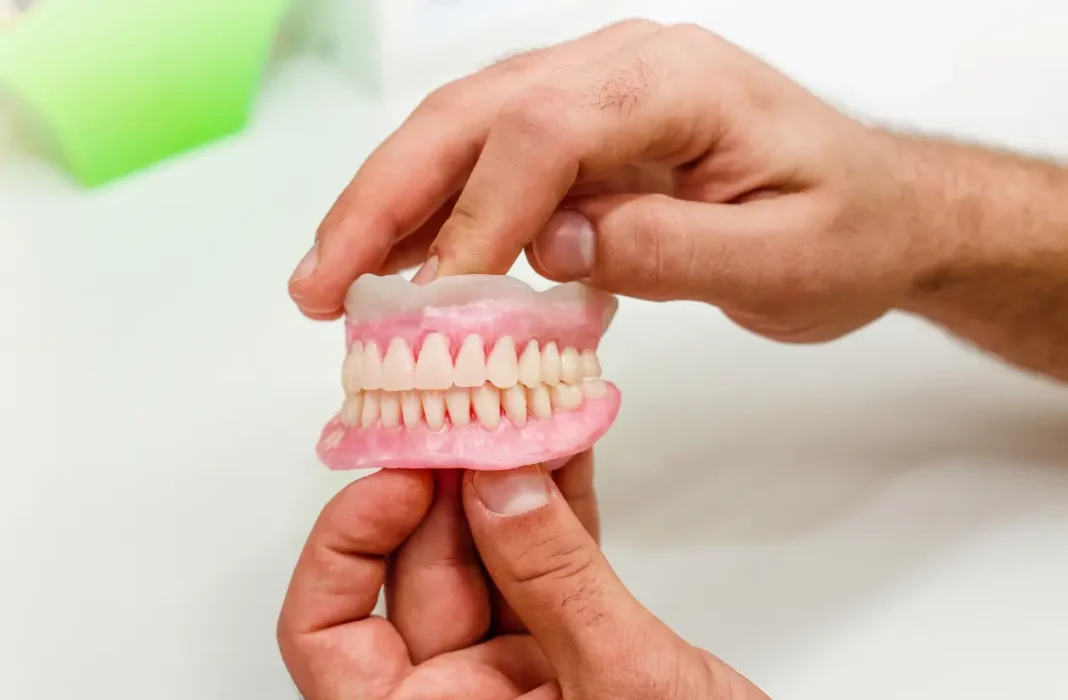If your denture does not feel quite right anymore, you are not imagining it. A once-comfortable fit can suddenly feel off, a bit loose, a touch irritating, or even painful when you are chewing or speaking. These changes often occur gradually and can cause serious discomfort if proper countermeasures are not employed in good time.
That said, having a dentist who understands your dental needs can be beneficial. This is especially important for those relying on partial dentures in Perth, where access to skilled dental professionals makes all the difference.
Your Mouth Is Always Changing
Our mouths are not static, not even close. The shape of your jaw, the positioning of your teeth, and even the thickness of your gums can change with time. One of the most common causes of a misfitting denture is bone resorption. This is when the jawbone begins to shrink after tooth loss, and while it is a natural process, it can affect how well your denture stays in place.
Even your remaining teeth can shift. Whether from age, bite changes, or minor grinding at night, when your natural teeth move, the partial denture that once fit around them like a glove can suddenly feel off-balance.
Everyday Wear and Tear Takes Its Toll
No matter how carefully your denture was made, it is still exposed to daily strain. The materials, while sturdy, are not invincible. Clasps might loosen with time, the acrylic base can warp ever so slightly, and before you know it, your fit feels different.
Then there are the little accidents. A drop into the bathroom sink. A hurried scrub with the wrong brush. It does not take much to tweak the shape just enough that it no longer fits your mouth the way it should. Certain dental habits, such as sleeping with dentures or chewing ice, can also result in problems.
Complications With Your Gums
Healthy gums do more than keep your teeth in place, they help anchor your denture. But when gums become inflamed, recede, or get infected, they can no longer support the denture the way they once did.
Gum disease, like periodontitis can cause major changes in the tissue that holds your denture, while even minor conditions such as gingivitis can lead to puffiness or sensitivity that changes how the denture fits. This often happens subtly, but it plays a significant role in how comfortable your denture feels day to day.
Lifestyle and Health Factors You Might Not Expect
Your overall health and lifestyle habits can affect your denture. Significant weight loss, for instance, can slim down the facial structure and change how the denture sits. Conditions like osteoporosis or diabetes might gradually reduce bone density or affect gum health, influencing the shape of your mouth over time.
Let us not forget about smoking because it is one of the fastest ways to speed up gum recession and limit blood flow, both of which mess with denture stability.
Prevention is Better Than Discomfort
A bit of daily care goes a long way. Clean your denture with the right products, no harsh chemicals or boiling water. Brush gently, store it safely, and treat it like the valuable tool it is.
Just as important is caring for the rest of your mouth. Keep up with brushing and flossing your natural teeth, monitor your gums, and get any niggling issues looked at early.
If your denture starts feeling off, don’t ignore it. Small discomforts can snowball into bigger issues, like sore spots, infection, or jaw misalignment.
Takeaways
Whether you need a minor adjustment, a full reline, or a new partial altogether, there is plenty of expert help available. Seek out a clinic that understands the ever-changing nature of oral health and can tailor solutions to your situation. With the help of your trusted dental clinic, you will be back to eating, talking, and smiling comfortably in no time.




